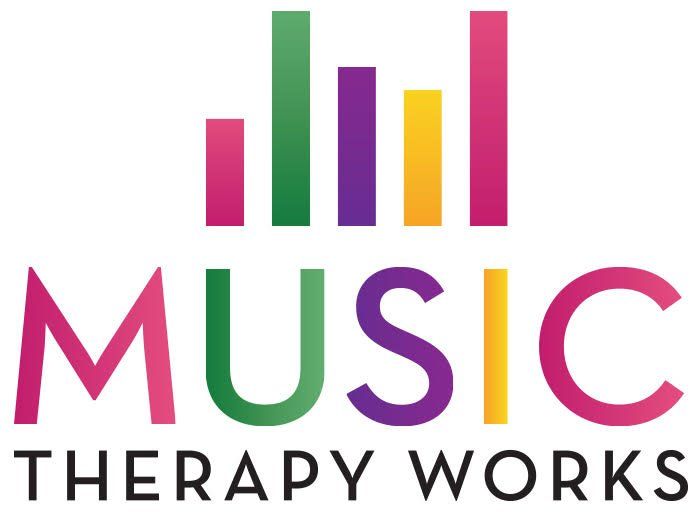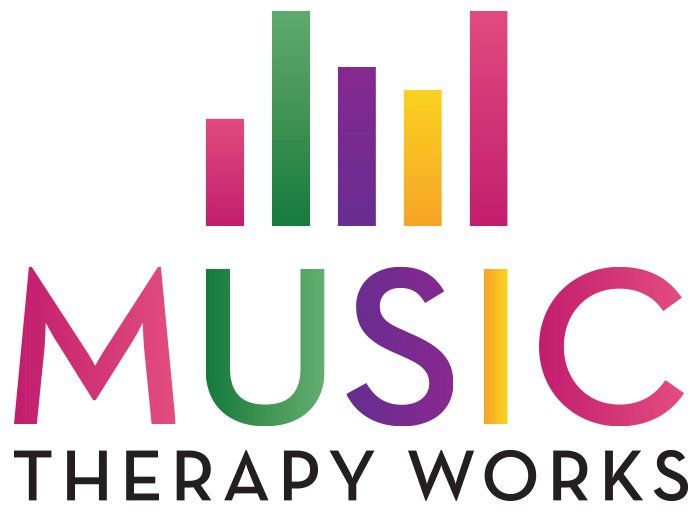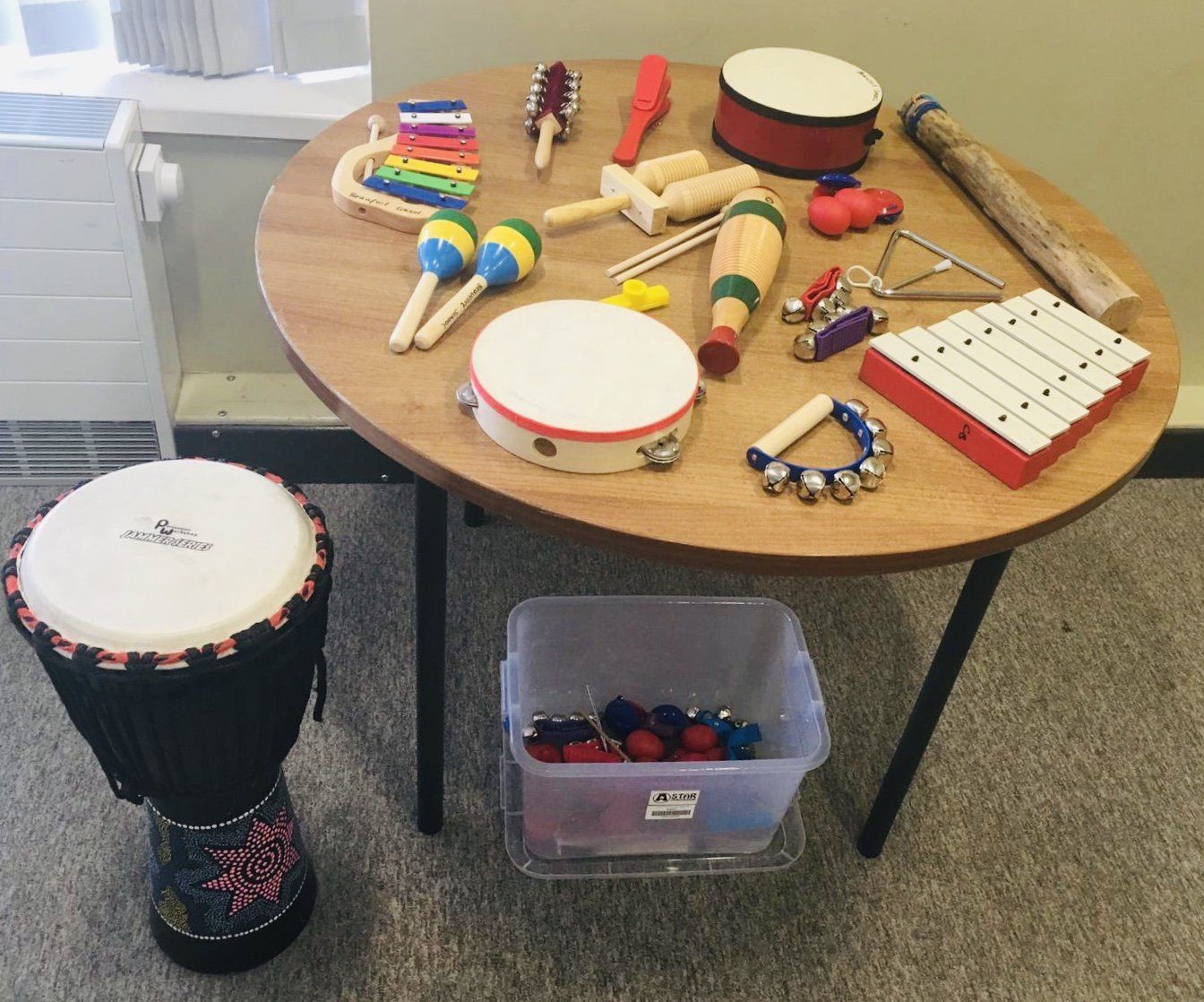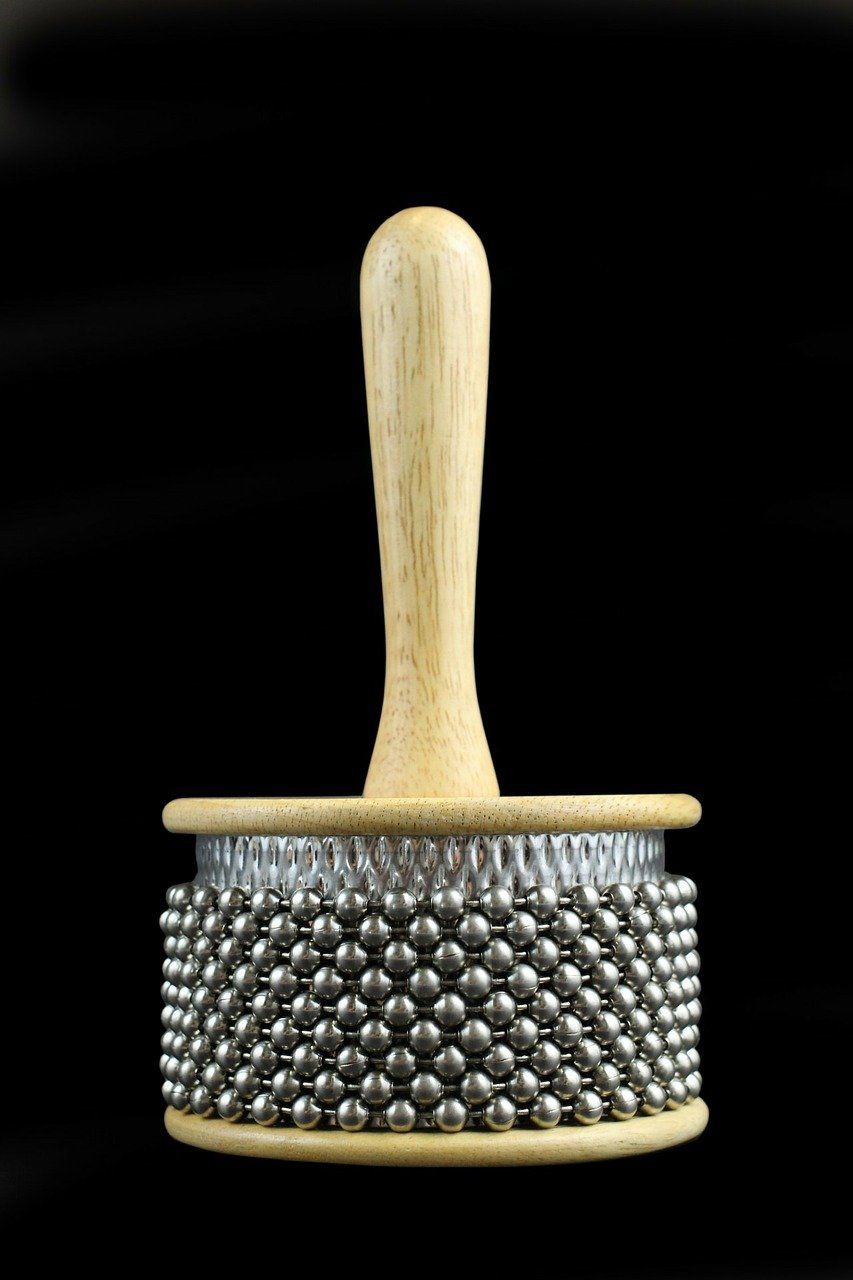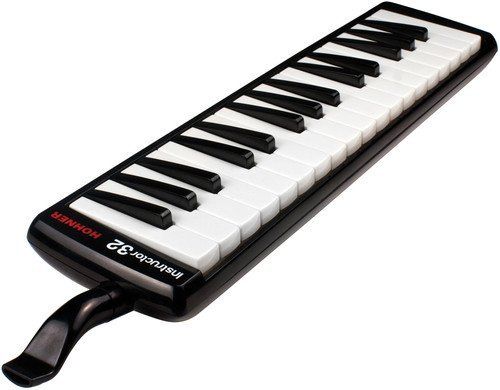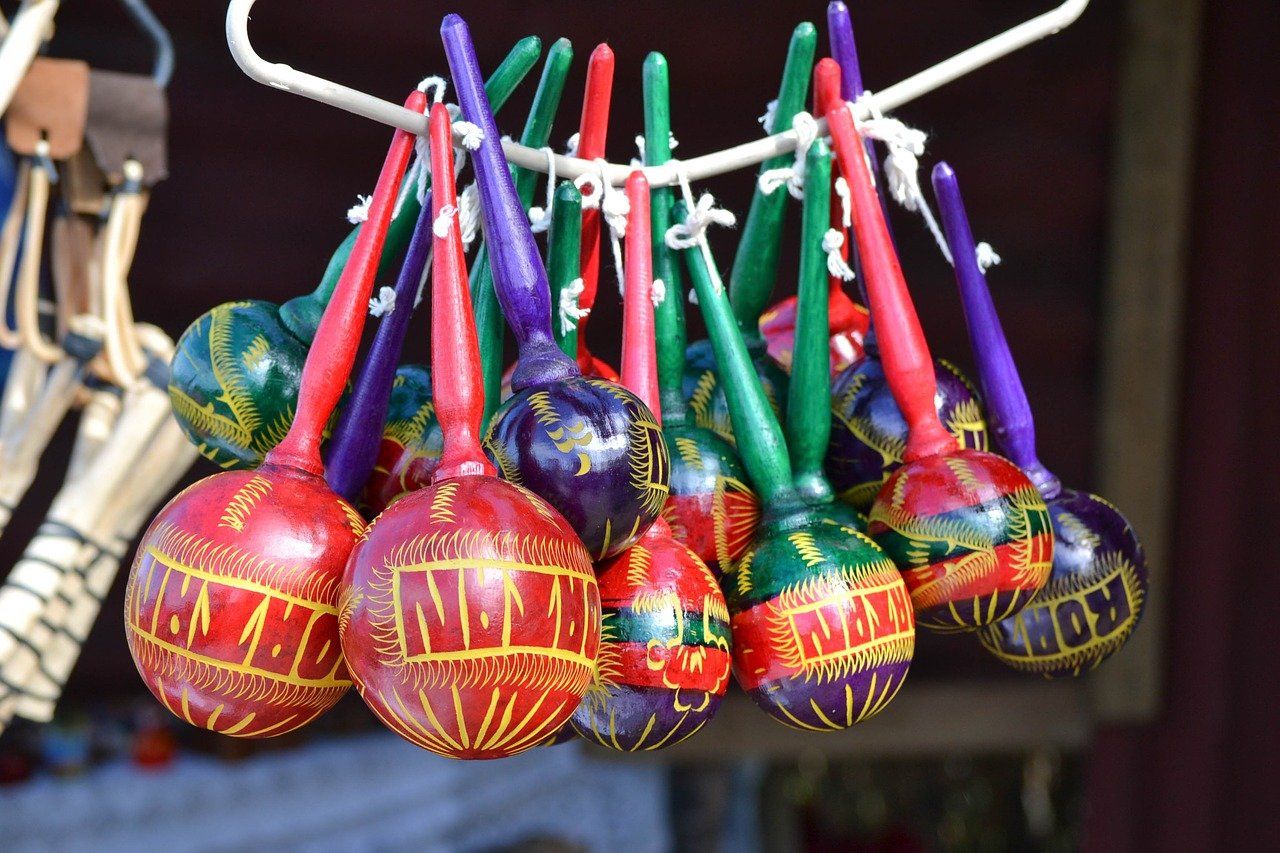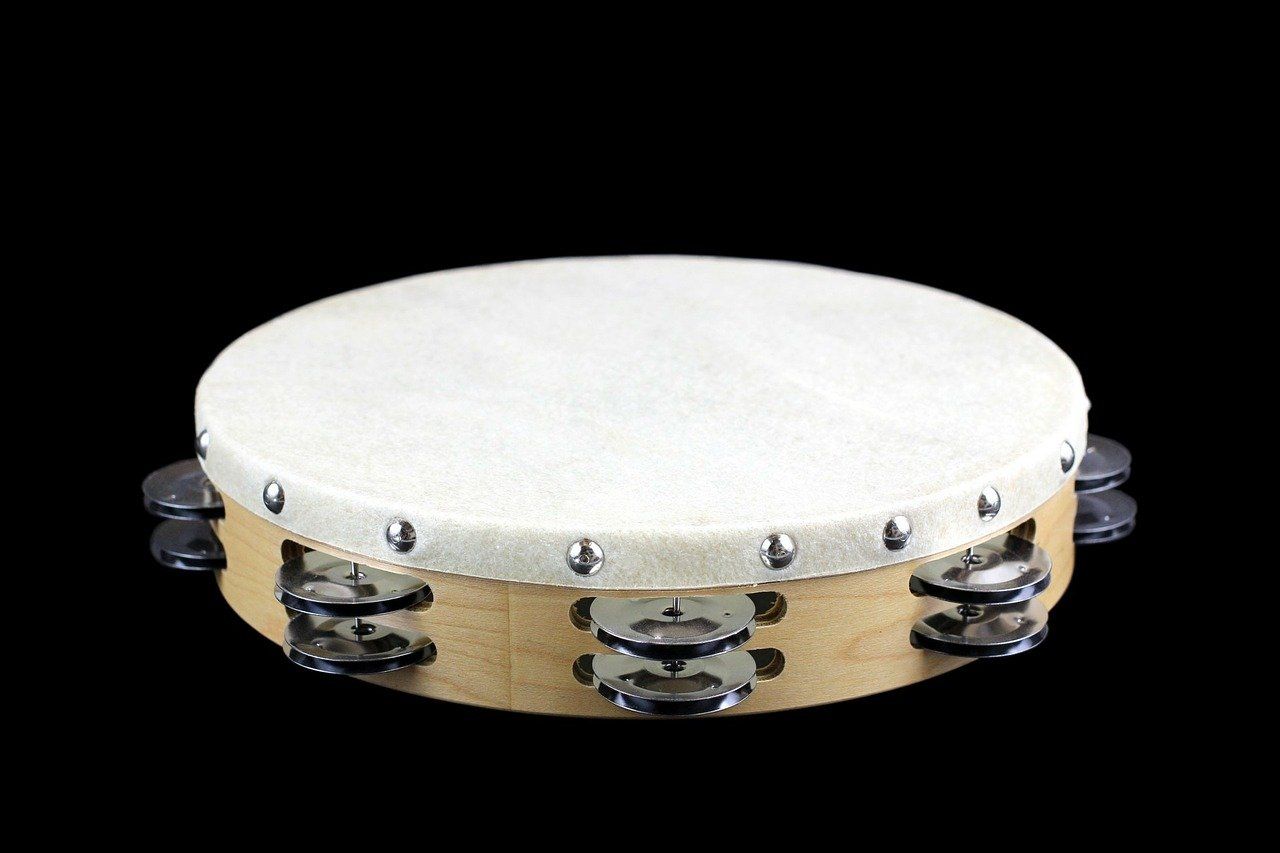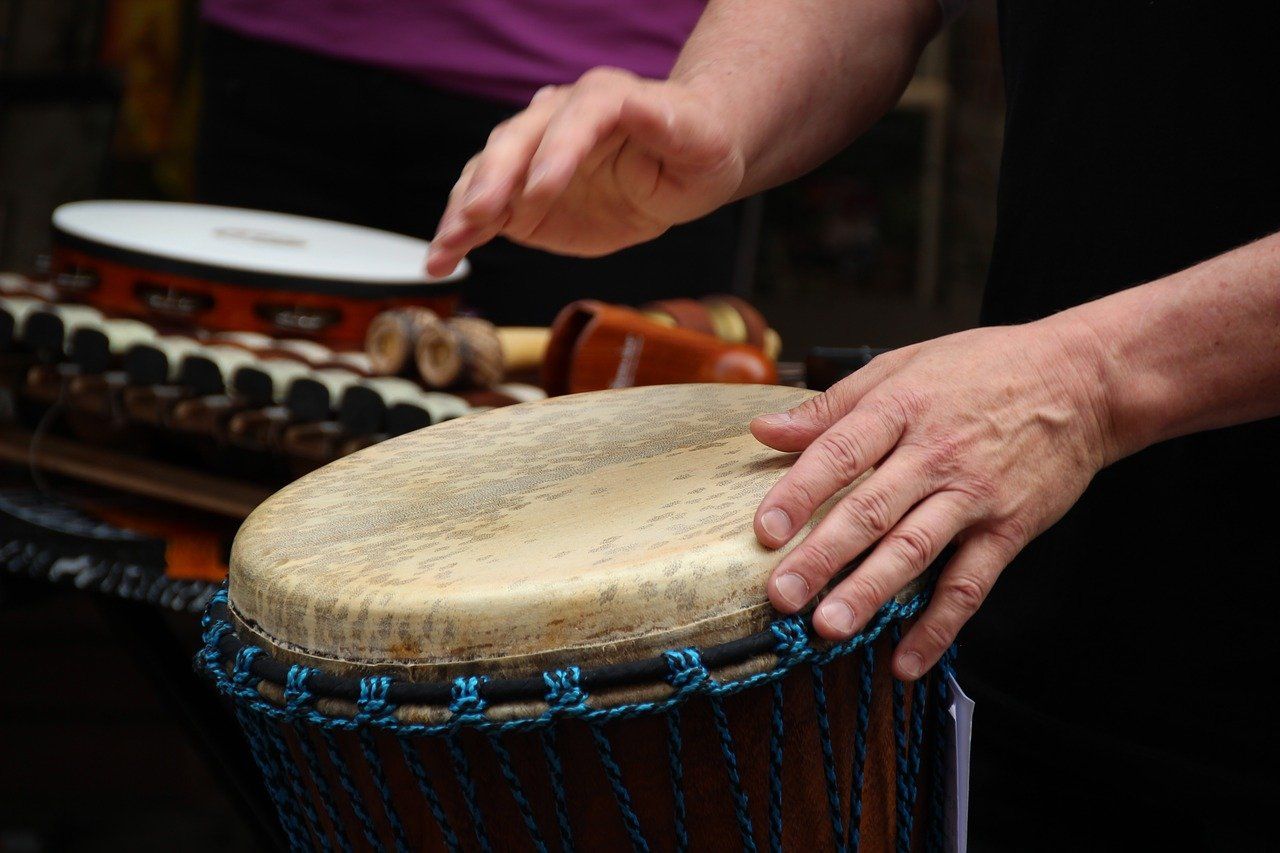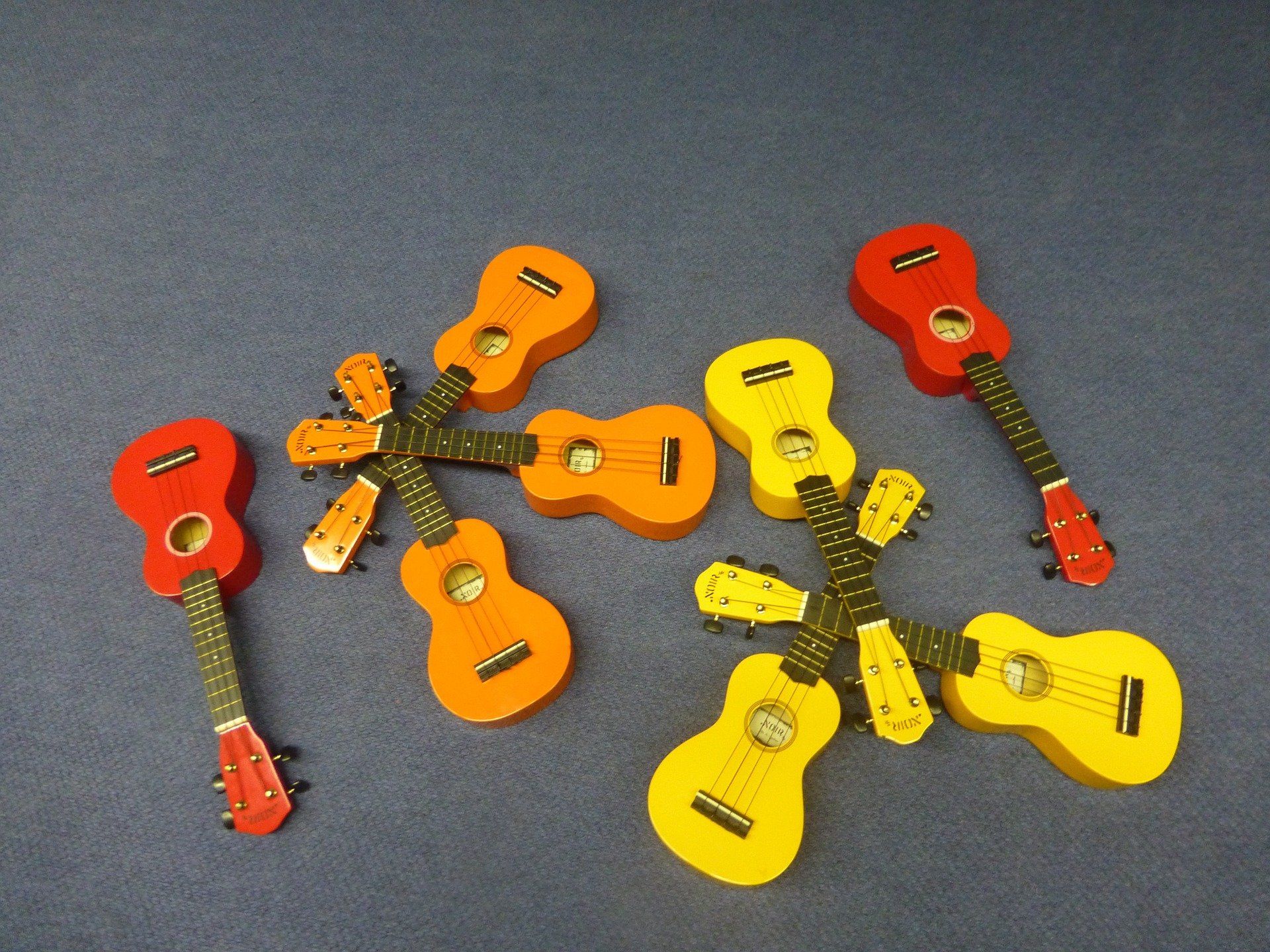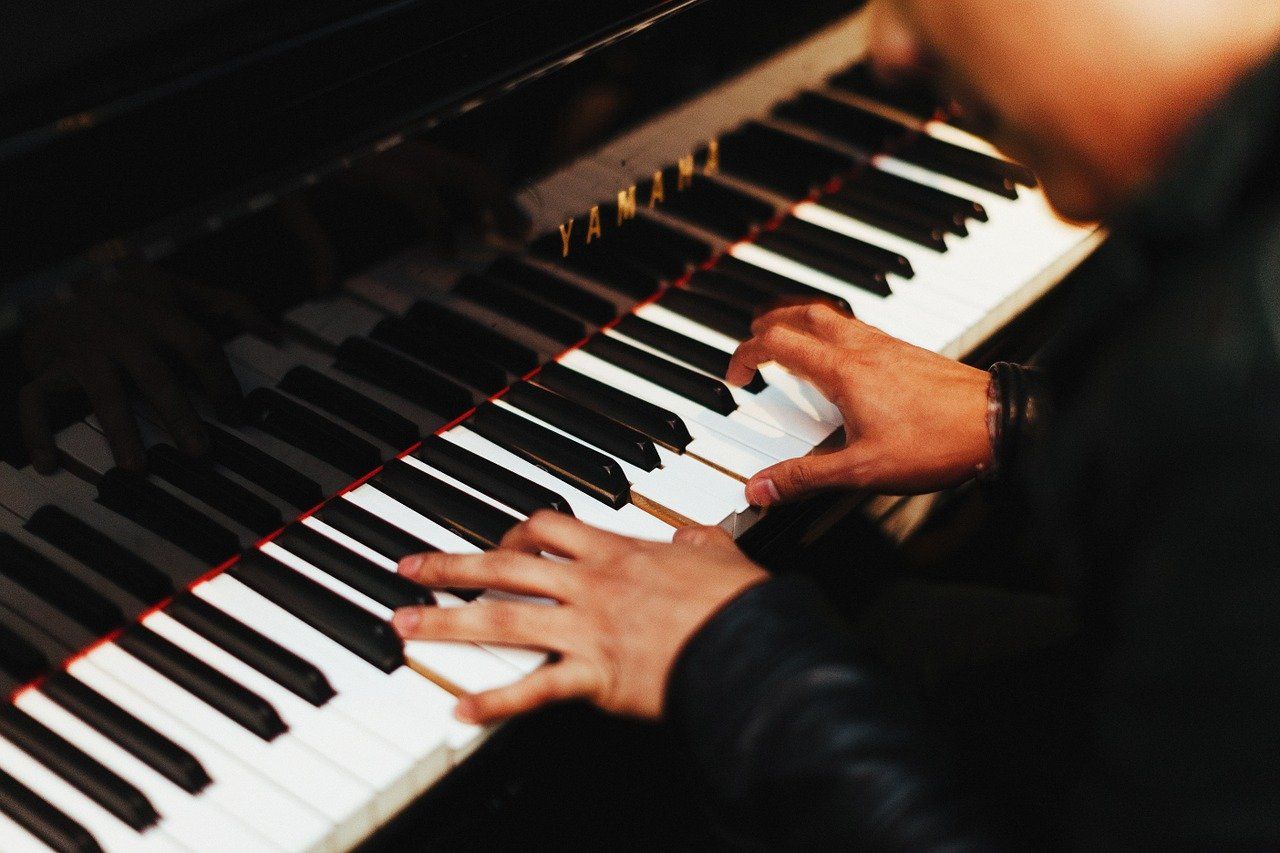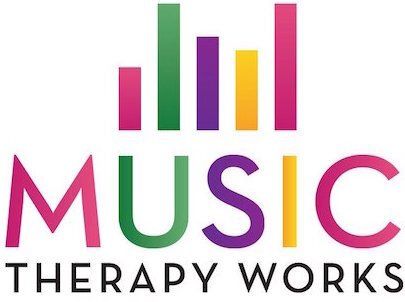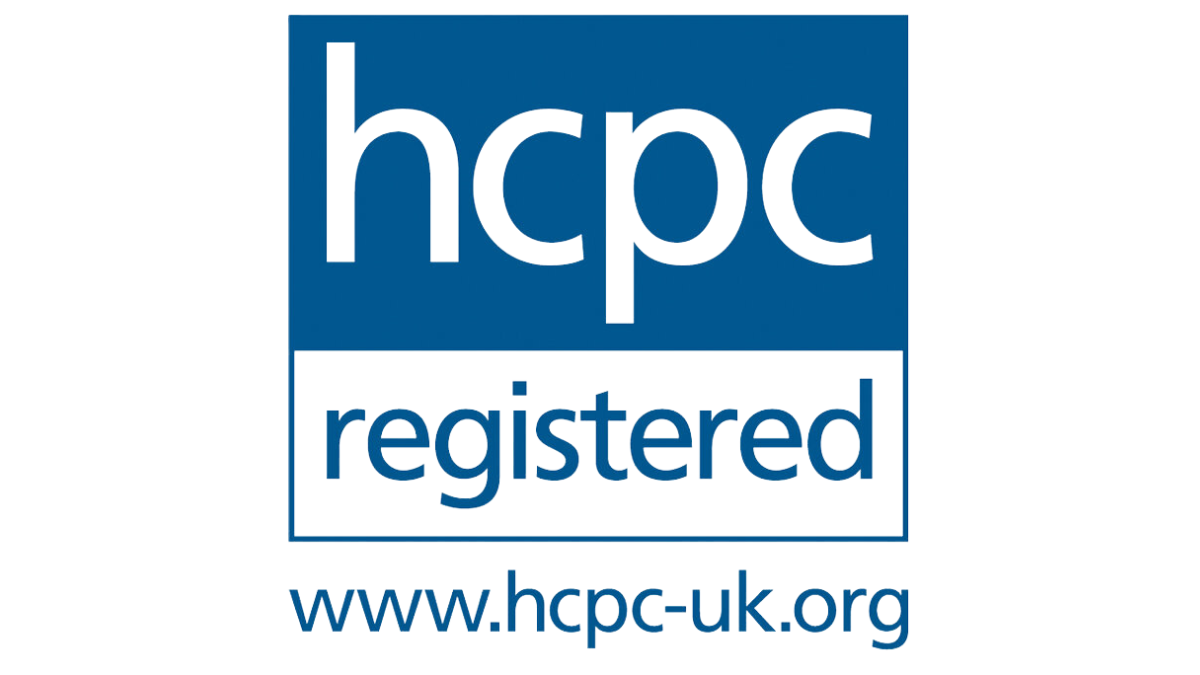Top 7 Instruments in Music Therapy
What are the best tools in the music therapy room?
Every music therapist has their favourite set of instruments for their music therapy sessions. They know the resilient and reliable power of these sounds to enhance, empower and liberate their client. To help them soar and succeed in their session.
Why do client or therapist choose what they choose? Well, music therapists will often start with their cue from the client. What do they want to play today and what will best compliment or support their music? Whether the therapist is essentially a keyboard player or a guitarist, a saxophonist or a cellist, they will need a whole plethora of percussion, blowing and plucking instruments to give their client a range of choice for a particular moment, mood or motivation.
Here are the top 7 resources we have come to rely on for their practicality, accessibility and highly successful music-making potential:
7. Hand-held percussion
Special shout-outs need to go to clatterpillars with their sensory and creative potential; guiros for their robust and unique sound; frog guiros for their raspy sound and inviting form; Boomwhackers which are great for making rhythms and gross motor skills practice; cabasas for their allround shininess, great sound and durability and finally beaters, because they are way-in for many people to connect with and relate to a percussion instrument.
6. Melodica
Available in a variety of shapes and sizes, melodicas are blown instruments with metal reeds inside which can produce a melody or chord. Robust, mobile and easily accessible for many clients, this instrument can provide a powerful ‘voice’ for the client as it can make a loud, strident and resonant sound. An audible match for any piano, the client can appear to feel ‘empowered’ by having their very own keyboard instrument controlled by their own breath and fingers. Given its brash tone, the melodica is not for everyone but for some, it can provide a highly interactive and effective way of improvising, turn-taking and duetting together in the session.
5. Maracas
Maracas are an easily accessible instrument for many children and adults. They can instantly elicit a smile, produce a positive response and require very little effort to produce any sound. Used frequently in sessions, maracas can get worn out as time goes on and generally become less robust!
Shakers or maracas can help to support social skill development, gross and fine motor skills, And because they’re so simple to play, maracas can create success-based musical activities where individuals instantly improve their self-esteem, connect with others and play with confidence in their therapeutic experience.
4. Tambourine
Despite its simplicity, the tambourine can prove to be an essential part of the music therapist's kit. Portable, accessible and rewarding in its timbre, tambourines can be used with children and adults alike in all sorts of ways: sharing; turn-taking; movement and musical games to improve coordination, social skills and motivation to play. Shaken or tapped, they allow for many different levels of achievement and can be adapted to ensure that the individual experiences a sense of success and feelings of accomplishment as they remember a tricky rhythmic pattern or pass a ‘sleeping tambourine’ around their music therapy group.
Sometimes these instruments can take a real pounding, so we have found that good quality tambourines not only last longer but also produce a much more pleasing tone and sensory feedback.
3. Djembe Drums
A thoroughly versatile tool in music therapy, djembe drums can create sounds which resonate with all individuals at every developmental stage. The organising and unique structure of rhythm can produce far-reaching effects on the brain, influencing thinking, perception and learning ability. Non-verbal communication skills such as turn-taking and sharing can bridge the gap towards improving verbal skills, reducing a sense of isolation and encourage positive changes in mood and emotional well-being.
Creative djembe drumming can provide unique and therapeutic opportunities for the release of negative emotions, decreased anxiety and tension and renewed energy levels. Where an individual plays the drums extremely fast and loud, they may even be able to release pent-up feelings of tension or frustration but within a safe and non-threatening environment.
As well as individual work, we build sets of djembe drums that can be utilised in group music therapy sessions. Drum circles can act as powerful facilitators for increased social connection with others, reduced feelings of isolation and improved self-esteem through self-actualisation.
2. Guitars and ukeleles
As big fans of guitars and ukes in the space, we have come to rely upon our fretted friends for their accessibility to both the therapist and client. Even where an MT has minimal guitar-playing skills, tuning the strings to DAD-GAD can provide confident accompaniments to songs and improvisations as well as being able to offer strumming and plucking opportunities to individuals of all abilities.
1. Piano
Considered to be one of the most important and central instruments in music therapy, the piano can open doors to a client’s world like no other instrument. Playing in parallel, both client and therapist can explore unique opportunities for non-verbal connection in an expressive, emotional and powerful way.
Exploring the keys together can hugely enhance an individual’s experience of themselves in music, reflecting their identity, personality and journey. It can support fine motor movement skills and accelerate the client towards reaching their therapeutic aims and goals.
We mainly use digital upright pianos or keyboards as they have a superior sound quality, durability, require no tuning and can last for decades. Yamaha Piagerros are a team favourite as they have hardly any buttons, so far less distraction!
Instruments and their potential to invoke change through creative play cannot be underestimated in the room. Observing our clients' instrument decisions and supporting their choices through music can increase our understanding of the individual and give them the best possible means to communicate their experiences and emotions.
If you are interested in finding out more about how our music therapists can provide a range of bespoke services to suit your clients' strengths and needs, please feel free to contact us here.
